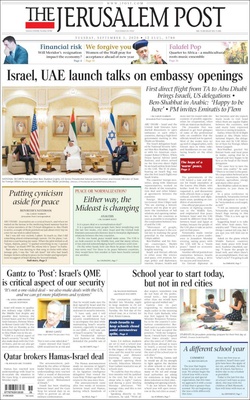Under international law, journalists don’t constitute a separate, protected class from civilians overall. However, just as it is illegal to intentionally target civilians or launch an attack that
does not distinguish between military targets and civilians, it is also
illegal to intentionally target journalists. Media cannot be considered military targets even when they are being employed for propaganda purposes unless they make an “
effective contribution to military action” or they “incite war crimes, genocide or acts of violence,” according to the International Committee of the Red Cross.
Nevertheless, independent investigations have concluded that Israel has intentionally targeted journalists on multiple occasions.
Israel’s incendiary rhetoric about journalists and its attacks on journalists aren’t new developments, Weimers said. Before the latest Gaza war broke out, Israel had killed more than a dozen Palestinian and foreign media professionals since 2001,
according to the Committee to Protect Journalists.
Even Israeli reporters have been impacted by
Israel’s broader crackdown on wartime dissent. For instance, Israeli reporter Israel Frey’s home was surrounded by a far-right mob after he held a vigil for Israeli and Palestinian victims of the war, forcing
him and his family to go into hiding. Karhi has also
threatened the Israeli newspaper Haaretz with financial penalties and canceling state subscriptions to the paper, claiming that it has printed “lying, defeatist propaganda” that is “sabotaging Israel in wartime.”
For Israel, which is
increasingly losing the
international war of public opinion, all of this is a means of undermining independent reporting that could further damage its image abroad. “It’s creating an environment that allows propaganda and fake news to thrive,” Weimers said.
VOX.com


